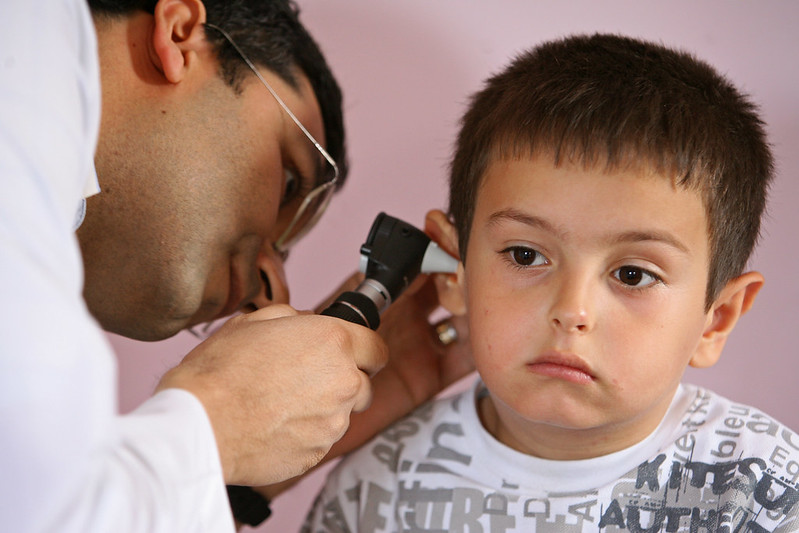Millions of people worldwide suffer from hearing loss, which is a common condition. A variety of factors can contribute to it, including ageing, exposure to loud noise, certain medications, and medical conditions. If you suspect you have hearing loss, it is critical that you seek professional assistance. This article will go over how to effectively treat and manage hearing loss.
The significance of hearing tests
The first step if you suspect you have hearing loss is to have a hearing test. Hearing tests Marrickville, for example, can aid in determining the extent and type of hearing loss you may be suffering from. Your doctor or audiologist can recommend the best treatment options for you based on the results of your hearing test.
Hearing Loss Types
Hearing loss is classified into three types: conductive, sensorineural, and mixed.
Conductive hearing loss occurs when sound cannot reach the inner ear due to an obstruction in the outer or middle ear. This type of hearing loss is typically temporary and is treatable with medication or surgery.
Sensorineural hearing loss occurs when the hair cells in the inner ear or the auditory nerve are damaged. This type of hearing loss is usually irreversible and cannot be treated. It is, however, treatable with hearing aids or cochlear implants.
A combination of conductive and sensorineural hearing loss is known as mixed hearing loss.
Hearing loss treatment options
Treatment options for hearing loss are determined by the type and severity of the hearing loss. Some of the most common treatment options are as follows:
Aids to hearing
Hearing aids are small electronic devices that amplify sound and help people with hearing loss hear better. They are available in a variety of styles and sizes, and some are even capable of connecting to your smartphone or other devices. Hearing aids work best for people who have mild to moderate hearing loss.
Implantable cochlear implants
Cochlear implants are surgically implanted devices that are placed in the inner ear. They work by directly stimulating the auditory nerve rather than the damaged hair cells in the inner ear. Cochlear implants work best for people who have severe to profound hearing loss.
Assistive listening systems
Assistive listening devices are devices that can assist people with hearing loss in specific situations, such as watching TV or talking on the phone. FM systems, loop systems, and amplified telephones are examples of these devices.
Surgery To treat hearing loss, surgery may be required in some cases. Surgery can be used to remove an obstruction from the outer or middle ear, repair the eardrum, or replace middle ear bones.
Communication strategies In addition to the treatments mentioned above, communication strategies can assist people with hearing loss in communicating effectively. These include:
• Facing the person with whom you are conversing;
• Speaking clearly and slowly;
• Using gestures and facial expressions to help convey meaning; and
• Using visual aids, such as written notes or a whiteboard, to supplement speech.
Managing Hearing Impairment
In addition to the above treatment options, there are things you can do on a daily basis to manage your hearing loss. These include:
• avoiding loud noises;
• wearing ear protection in noisy environments;
• watching TV or movies with closed captions or subtitles;
• sitting in the front row in meetings or classes to better hear the speaker; and
• informing your friends and family about your hearing loss and asking them to speak clearly and face you when they talk.
To summarise, hearing loss is a common condition that, with the right treatment options and strategies, can be effectively treated and managed. If you suspect you have hearing loss, you should seek professional assistance and have a hearing test. Your doctor or audiologist will then be able to recommend the best treatment options for your specific type and extent of hearing loss.
Remember that hearing loss is not something to be ashamed of, and that seeking assistance is the first step towards improving your quality of life and communication abilities. People with hearing loss can continue to participate fully in daily activities and maintain strong relationships with friends and family with the right treatment options and communication strategies.

